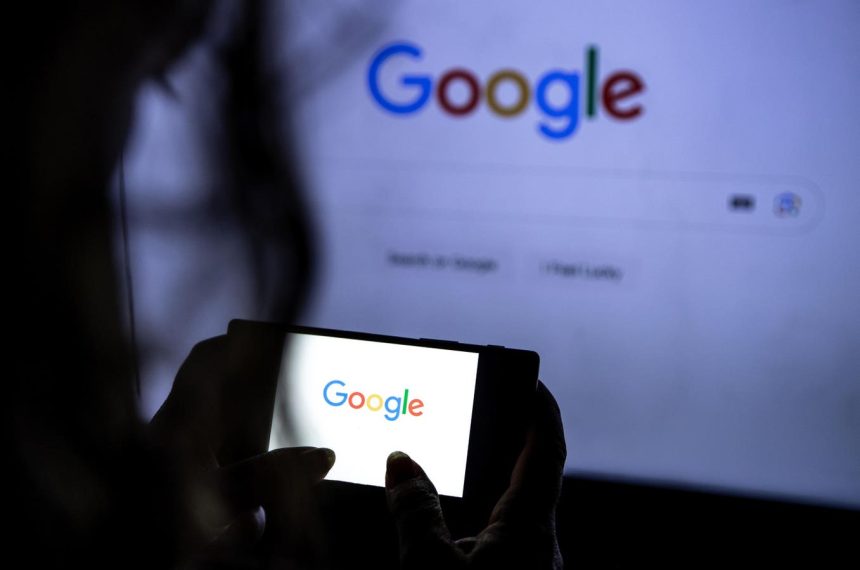In the landscape of artificial intelligence, Google’s Gemini AI model has faced significant challenges, particularly in discerning factual information from satirical content. This struggle was notably highlighted six months after a peculiar incident involving the suggestion that glue could be an ingredient in pizza. Despite efforts to improve, Gemini continued to produce misleading information, such as fabrications about historical figures. One striking example includes the claim that John Backflip invented the gymnastic maneuver known as the backflip during Medieval Europe. Upon searching for the term, users were met with an intriguing yet entirely fictional narrative that originated from a TikTok video crafted by American gymnast Ian Gunther, who proudly admits to creating satirical content in the gymnastics genre.
The erroneous account gained traction mainly because it resonated within a niche of internet humor, tricking Google’s AI into treating Gunther’s fabrication as a credible source. Gunther’s video not only presented a quirky tale about John Backflip but also humorously referenced other fictitious gymnastic innovators, magnifying the satirical nature of his content. Despite generating a modest viewership, the clip’s unintended consequence was significant when it became a source of misinformation disseminated by Google’s AI. Gunther expressed disbelief upon discovering that an obvious joke had been treated as fact by one of the most advanced AI systems, inciting questions about the reliability of AI in delivering accurate information.
Google’s AI Overview feature, which aggregates information for search queries, has exhibited a host of similar inaccuracies, leading to substantial criticism and ridicule online. Claims made by the AI regarding topics such as the nutritional benefits of eating rocks and that Barack Obama was the first Muslim President have drawn skepticism, painting Google’s AI as an unreliable source. This has become particularly significant in discussions about the broader implications of AI, displaying limitations inherent to large language models, particularly concerning their susceptibility to data voids—contexts where credible information is scarce or nonexistent.
In response to these issues, Google has claimed to be implementing various safeguards to improve the reliability of AI Overviews. According to Liz Reid, Google’s VP, the company recognizes that misinterpretations can occur when humor or user-generated advice is considered outside of factual contexts, especially when addressing serious subjects like news or health. Changes include better algorithm training, improved identification of nonsensical queries, and the addition of clear labeling indicating that “Generative AI is experimental.” These modifications suggest an acknowledgment of the challenges associated with context and the complexities of humor within AI systems.
Despite the serious discussions underlying these errors, Gunther remains light-hearted about the entire experience. Recalling his training sessions that inspired his creative storytelling, he jokingly expressed hopes that his fabricated character, John Backflip, might one day become a part of gymnastics lore taught in schools. This sentiment reflects not only Gunther’s ability to take the mishap in stride but also serves to highlight the often unpredictable nature of social media content and its potential to be misconstrued or taken out of context by AI algorithms devoted to processing and interpreting user queries.
Ultimately, the saga of Google’s Gemini AI model and the John Backflip narrative underscores important conversations surrounding AI accuracy, the nature of truth in contemporary media, and the responsibilities that come with harnessing such powerful technologies. As AI continues to evolve, the necessity for rigorous verification processes and a more nuanced understanding of content types becomes crucial to ensure that erroneous narratives and satirical jests do not unintentionally embed themselves into the collective understanding presented by such systems.



